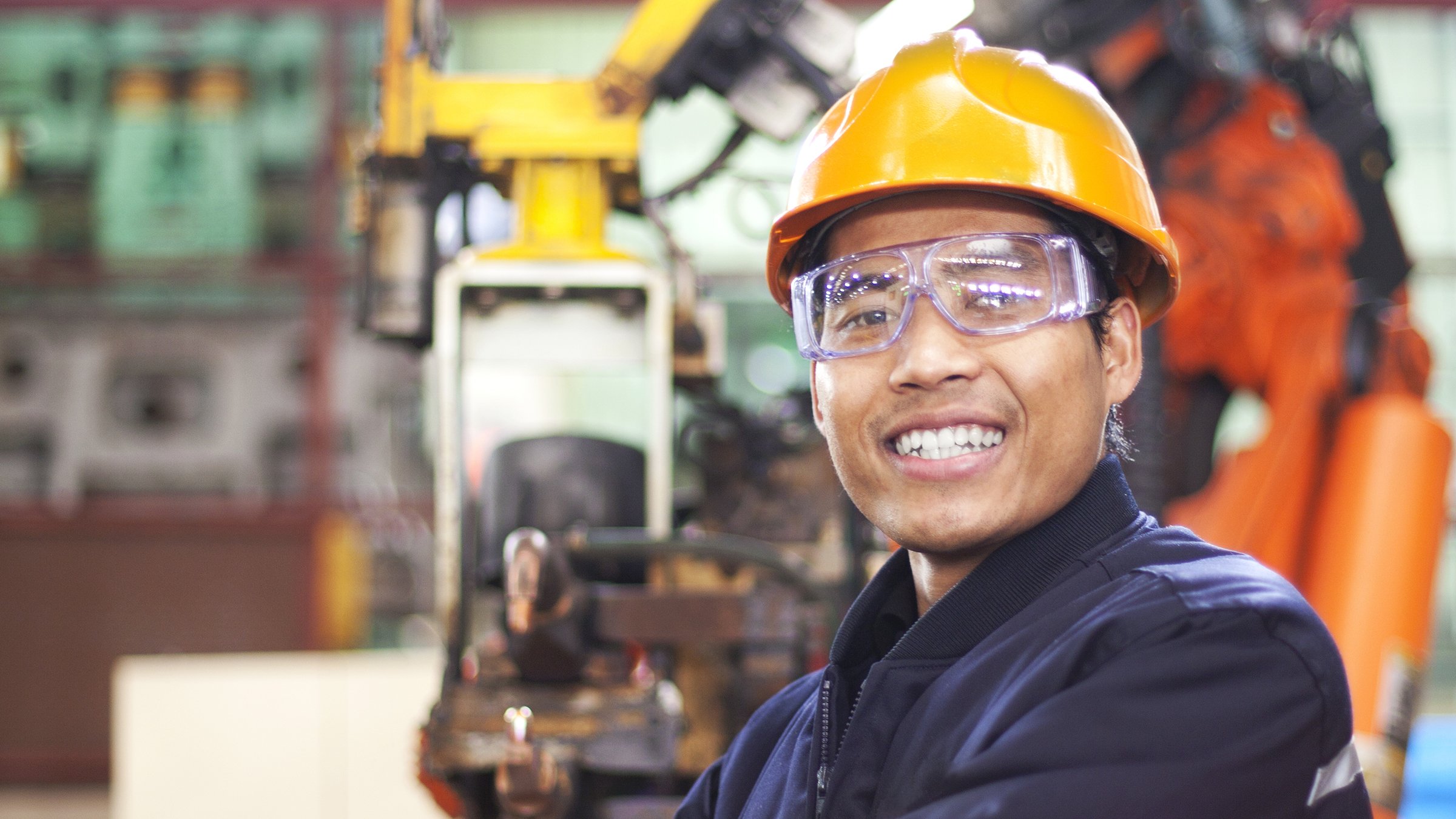Recommended For You
For many automakers, life is good. Especially in North America, plant expansions and new construction are setting a brisk pace. And as capacity ramps up, much of the focus is on the significant technology investment automotive manufacturers will make.
But for the autoworker, it's not a return to life as they knew it just a short decade ago.
The single-model assembly plants of yesterday have been replaced by multiple-model facilities. Vehicle design cycles are significantly shorter. New and lighter materials have fundamentally changed processes. Plant-floor technology is more interconnected and sophisticated. And system upgrades can happen – literally – overnight.
Moreover, these sweeping changes within automotive plants have accelerated the need for highly capable staffs at a time when skilled labor is increasingly difficult to find.
For automakers, preparing their workforce for this brave new world is critical.
Training has always been a key component of any plant expansion, upgrade or new installation. However, yesterday's programs were characterized by well-defined timelines, role-defined tasks and the relatively short-term goal of launching a new vehicle or system.
Today's dynamic and complex environment requires a new approach to workforce readiness. A comprehensive workforce strategy can address the immediate needs of modernized and new plants head-on – and help fill the skills gap long term.
Rockwell Automation has teamed with automakers around the world to execute workforce development programs in lockstep with our technology implementations. One of the most important lessons we have learned: Integrated Technology Requires a Holistic Approach to Workforce Development.
Historically, automotive training programs have been conducted by equipment manufacturers focused on stand-alone technology. But in today's interconnected plants, workers can be more efficient if they understand how the systems impact each other.
And while contemporary plants run with fewer people on the floor, those workers often transition between roles at a rapid pace. They are intellectually curious about how the systems work together – and understand that interconnectivity will impact their job performance.
To help automakers build an informed and flexible workforce, we design holistic programs that focus on cross-training and extend beyond the Rockwell Automation solution. Working with our PartnerNetwork™ distributors, OEMs and other third parties, we can create training curricula that encompass the comprehensive scope of the new technology.
Typically, the program is customized to the automaker's plant architecture and is built for reuse. Programs can also be tailored to address employee proficiency – and guide workers on a trajectory from foundational to mastery-level skills.
And that leads to another important lesson we have learned: Leveraging Existing Expertise is Critical. Oftentimes, our most effective workforce development programs build on the significant talent already on the automotive plant floor.
Working closely with plant personnel, we identify high-potential employees, and then train them to train others either in their existing facility or new installations. These “train-the-trainer” programs are designed to address new technology implementations – and can also extend to meet future needs.
And while we might be tempted to think we have all the answers, we know that is not the case. A successful workforce development strategy depends on a knowledge transfer that flows both ways. Engaging skilled workers directly in the process helps ensure training continues to reflect the actual experience on the plant floor – and is key to success.
Learn more about how we work with automotive customers to create holistic, customized programs that foster worker flexibility and productivity.
Published September 15, 2015


